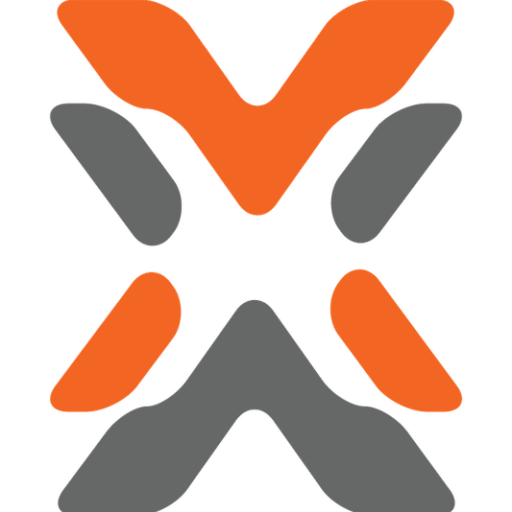Artificial Intelligence (AI) and tools like ChatGPT have the potential to greatly benefit the employment of people with disabilities, both visible and invisible. The use of AI and automation in the workplace can provide new opportunities for employees with disabilities to participate in the workforce and remove barriers that have traditionally made it difficult for people with disabilities to find and maintain employment.
One of the main benefits of AI in the workplace is that it can help to remove barriers to communication and information access. For example, natural language processing (NLP) technology can be used to create more accessible interfaces for employees with visual or cognitive disabilities, allowing them to more easily access and use information. Additionally, AI-powered tools like ChatGPT can be used to create more efficient and effective communication channels for employees with disabilities, making it easier for them to collaborate and communicate with their colleagues. This is particularly beneficial for those with invisible disabilities such as autism, ADHD, and dyslexia. Industry examples of this in action include AI provider Cognii, who have developed an AI-powered virtual writing assistant that helps individuals with dyslexia improve their writing skills by providing real-time feedback and suggestions. Another example is AI provider, Kuki, who has developed an AI-powered virtual assistant for individuals with autism to help them navigate and communicate in the workplace.
Another benefit of AI in the workplace is that it can help to remove barriers to physical access. For example, AI-powered robots and drones can be used to perform tasks that are difficult or impossible for people with physical disabilities to perform, such as reaching high shelves or traversing uneven terrain. Additionally, AI-powered assistive technologies can be used to help employees with disabilities to perform tasks that are difficult or impossible for them to perform on their own, such as typing or using a computer mouse.
AI-powered tools and systems can also help to remove barriers to employment for people with disabilities by providing new opportunities for remote work and flexible scheduling. For example, AI-powered virtual assistants and chatbots can be used to help employees with disabilities to more easily access and use remote work tools and technologies, such as video conferencing and project management software. Additionally, AI-powered scheduling and time management tools can be used to help employees with disabilities to more easily schedule and organize their work, which can help to reduce stress and improve productivity.
However, while AI and tools like ChatGPT have the potential to greatly benefit the employment of people with disabilities, there are also some potential downsides to consider. One concern is that the increased use of AI and automation in the workplace may result in job losses for people with disabilities, as machines and algorithms take on more tasks and roles that have traditionally been performed by humans. Additionally, the use of AI in the workplace may exacerbate existing inequalities, particularly if it is not inclusive and accessible to all individuals. Furthermore, if AI-powered systems are not properly designed and implemented, they may perpetuate or even worsen existing biases and discrimination, and if not properly tested for accessibility, they may exclude people with disabilities, leading to further barriers to employment.
It is important to keep in mind that while AI and automation can bring benefits in terms of workplace inclusion, it is crucial to ensure that these technologies are inclusive and accessible for all individuals, including those with disabilities. This includes providing appropriate training, testing for accessibility and ensuring that these systems are not perpetuating existing biases. Furthermore, it’s important to consider how to mitigate potential negative impacts, like job loss, and how to create new opportunities for people with disabilities.


